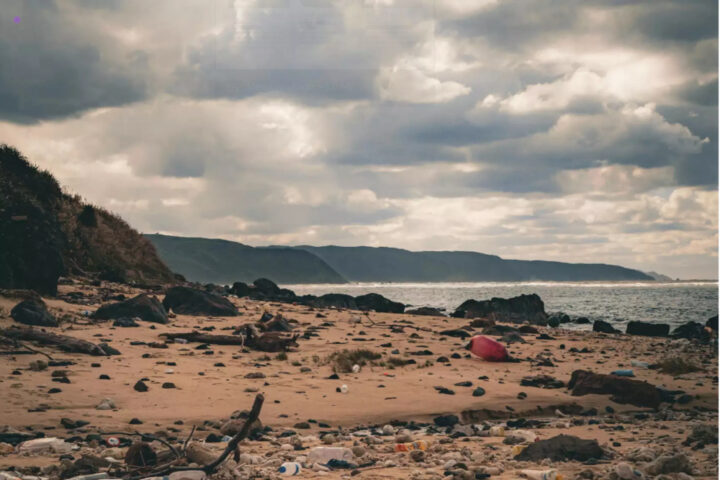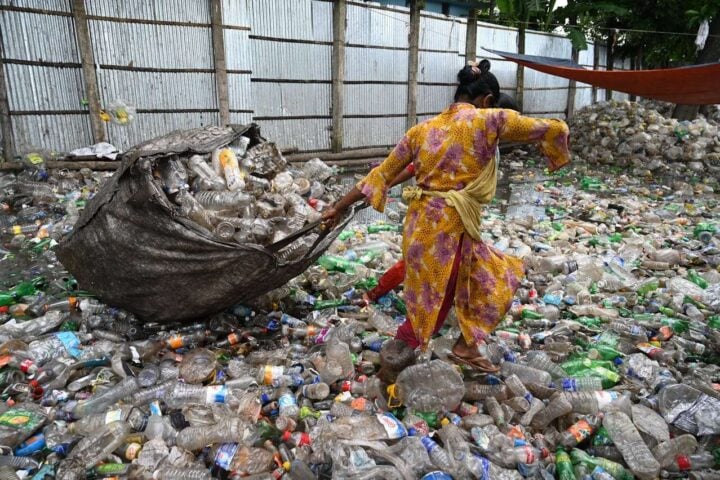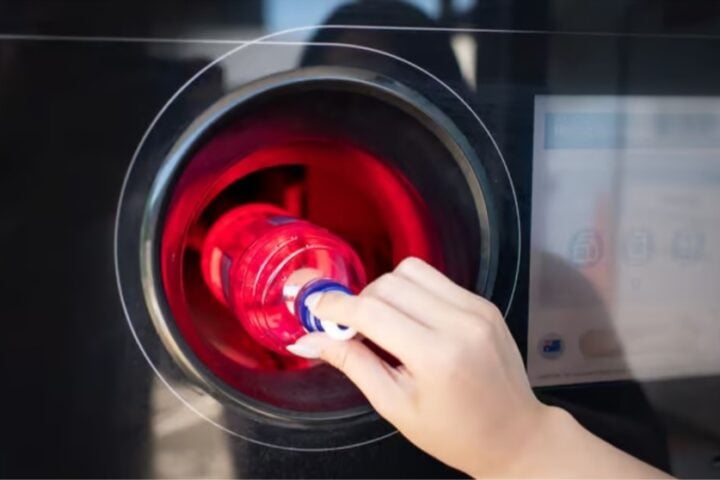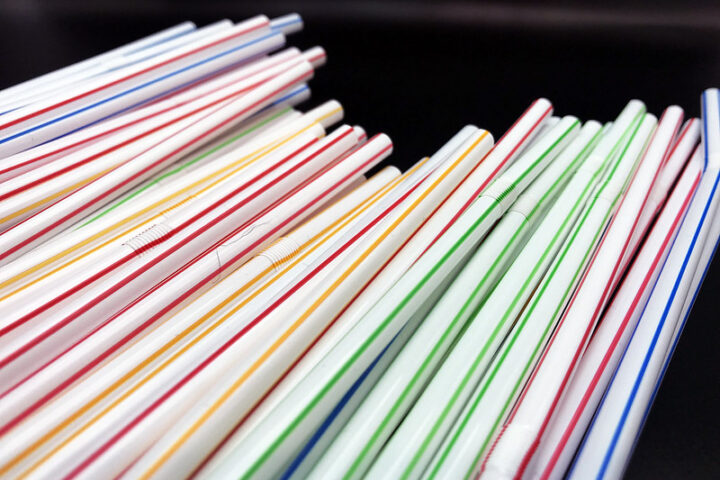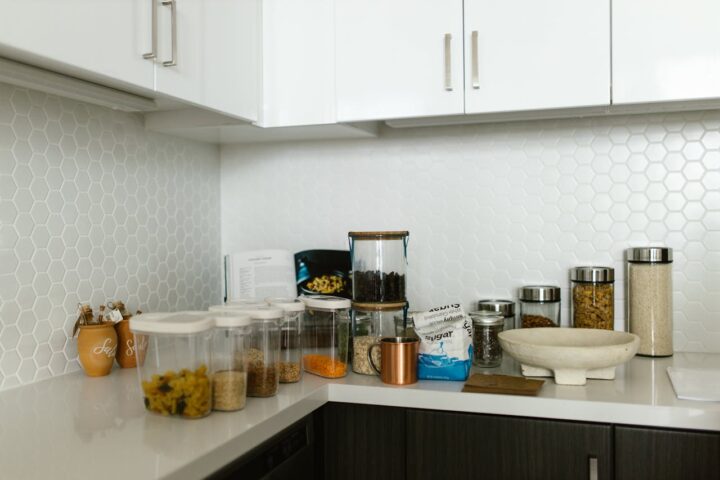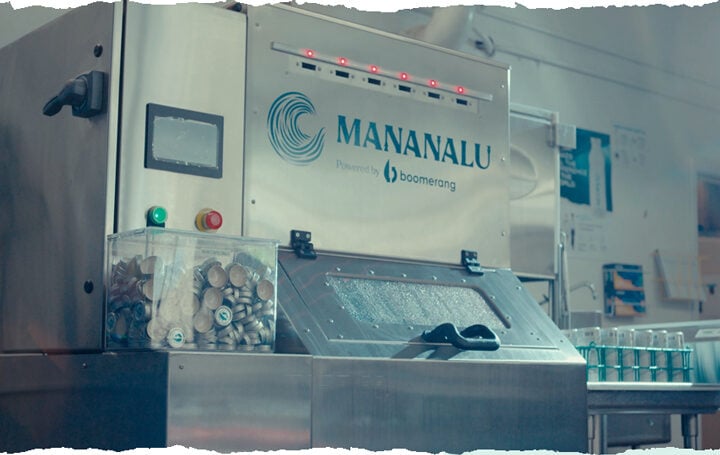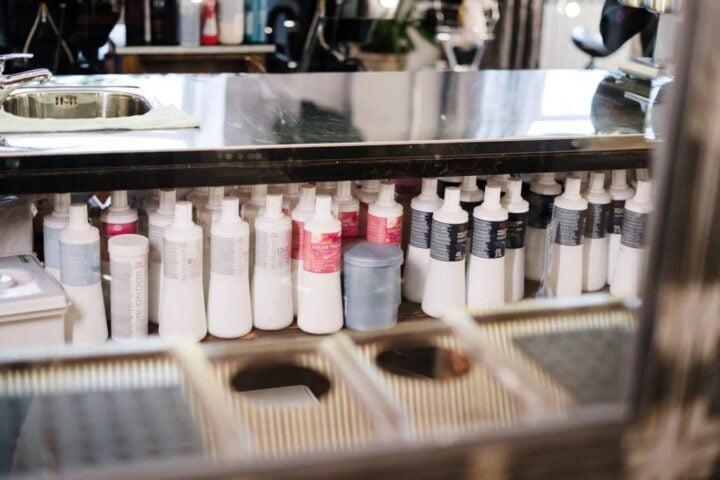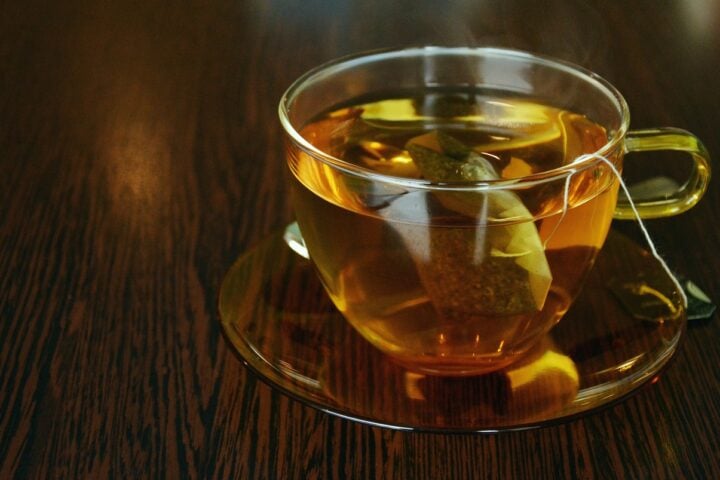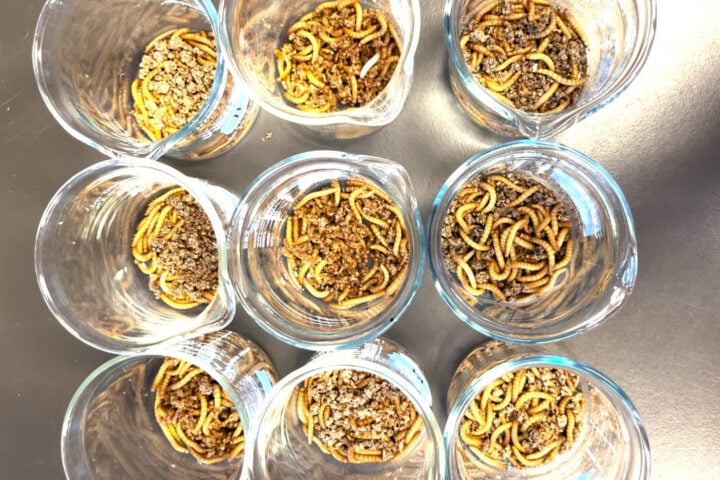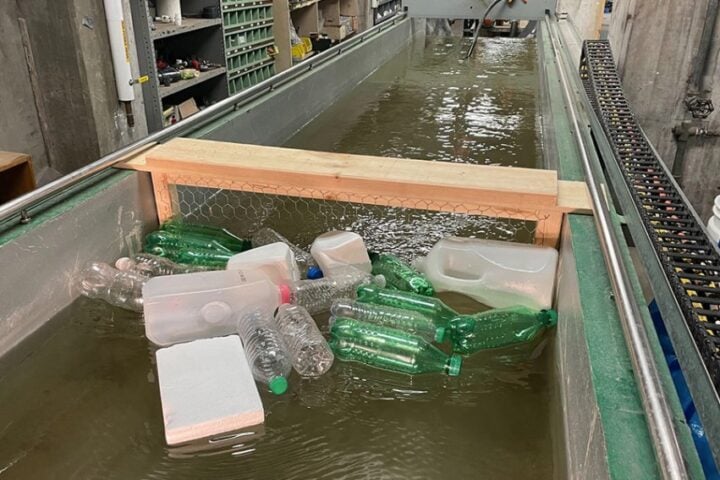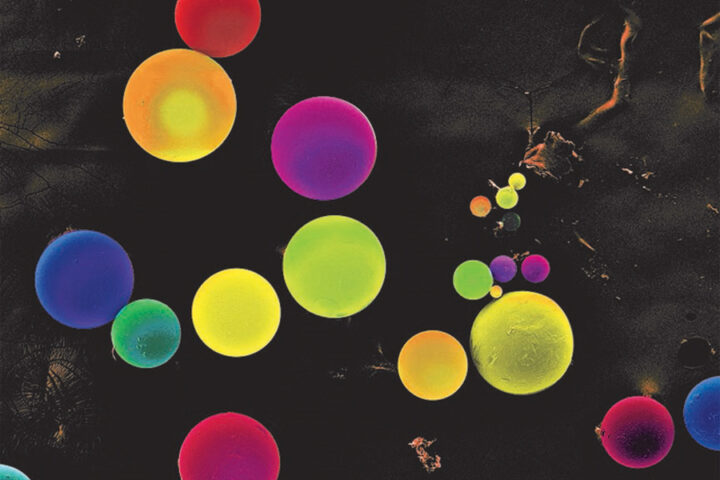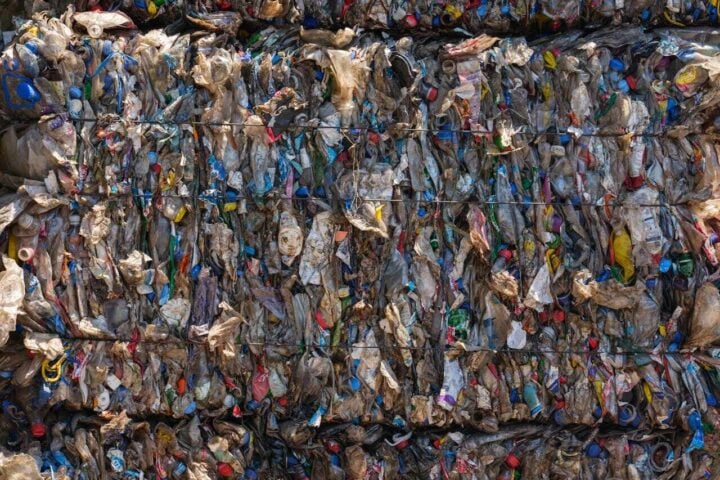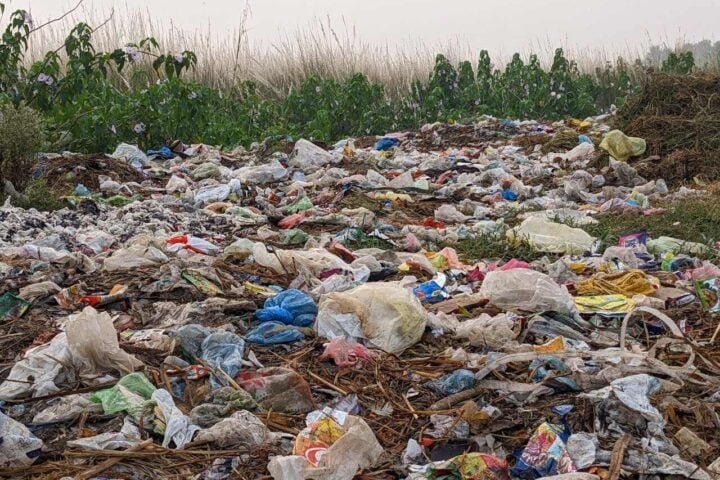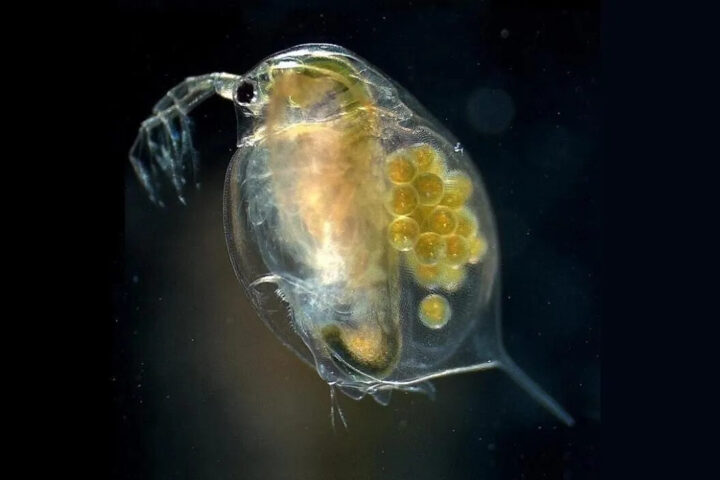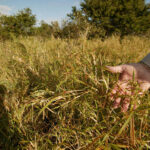A company called Cruz Foam, based in Santa Cruz, is revitalizing the packaging industry with its eco-friendly alternative to Styrofoam, which is also known as polystyrene foam. Local businesses, including Vero Coffee Roasters, are now adopting this sustainable alternative.
Sustainability and minimizing environmental impact have always been priorities for Verve Coffee Roasters. Actively, they engage in practices like Upcycling burlap and transitioning to greener rotating methods.
Therefore, when they discovered Cruz Foam’s environmentally friendly version of Styrofoam, they eagerly partnered with the local start-up.
The biodegradable Cruz Foam is derived from the shells of sea creatures such as shrimp.
This foam is being utilized by the Verve in their ready-to-drink shipments, replacing traditional Styrofoam packaging with Cruz Foam’s eco-friendly coolers.
Verve’s aim is to ensure safe and quality-controlled delivery of their nitro coffee and temperature-controlled products.
Verve is actively spreading the word within the coffee community as one of the first companies to adopt Cruz Foam products.
“Working with Cruz Foam has been one of the highlights of our year! We are absolutely thrilled to soon launch Cruz Foam insulated shipping containers for our cold-chain products,” stated Baker Carroll, Head of RTD, Verve Coffee. “Whether our customer is down the street or across the country, the innovative and high-quality containers from Cruz Foam give us complete peace of mind on the safety of our food products and the fact that they are sustainably manufactured with a true love for the environment sets Cruz Foam far apart from other companies. ” Baker continued.
With over 100 US cities implementing restrictions or outright bans on its use, especially in restaurants and food packaging, the demand for alternatives to disposable Styrofoam has been rising. Industries, however, requiring lightweight, insulating materials for shipping fragile goods or medical supplies still rely on Styrofoam-like materials. By providing a sustainable solution, Cruz fills this gap. Cruz Cool, a curbside recyclable cold chain product by Cruz Foam provides 48 hours of insulation and is uniquely developed for cold chain deliveries.
Similar Post
Real Good Fish, a Santa Cruz based company has adopted Cruz Cool for their packaging.
“Globally, 31 trillion pounds of styrofoam is produced every year. It is one of the most pervasive and destructive forms of pollution. At Real Good Fish, we knew that in order to truly be a sustainable seafood company, we’d have to go beyond our seafood and deeply look at our supply chains and, most importantly, our packaging,” said Alan Lovewell, Founder & CEO, Real Good Fish. “In a truly circular way, packaging made of shrimp shells is an elegant solution for an industry that has been reliant on otherwise unsustainable materials.”
Cruz Foam is made from naturally occurring materials, including chitin, starches, and fibers sourced from agricultural waste streams, unlike traditional Styrofoam. Found in the shells of shrimp and other crustaceans, chitin is biodegradable and safe for animals to consume. Styrofoam, in contrast, is created using harmful chemicals, degrades slowly, and poses significant risks to marine life and ecosystems.
John Felts and Marco Rolando, co-founders, both passionate about the ocean and nature, developed Cruz Foam based on their shared love for surfing and their desire to protect the environment.
They realized they could make a broader impact by targeting the packaging industry, as they originally focused on creating foam for surfboards. Foam pellets from Cruz Foam can be shaped into various packaging materials and containers using existing machinery, providing a seamless transition for manufacturers.
A new line of shipping products was unveiled recently by the company: foam and paper wraps, foam-padded mailers, foam coolers, and protective foam for large items. Dissolving safely in water and enriching the soil, all of these products are curbside recyclable and compostable.
In order to support its growth, Cruz Foam secured $2 million in grants from the National Science Foundation and over $25 million in venture funding.The aim of the company is to expand its partnerships, including a collaboration with Atlantic Packaging, and it expects to begin high-volume production by mid-2023.
Cruz Foam’s primary focus this year remains on e-commerce, shipping, and protecting various products, ranging from car parts to meal kits, while the demand for disposable coffee cups and takeout containers is significant. Prompting businesses to reevaluate their packaging strategies and explore sustainable alternatives, the COVID-19 pandemic has accelerated the shift toward e-commerce.



